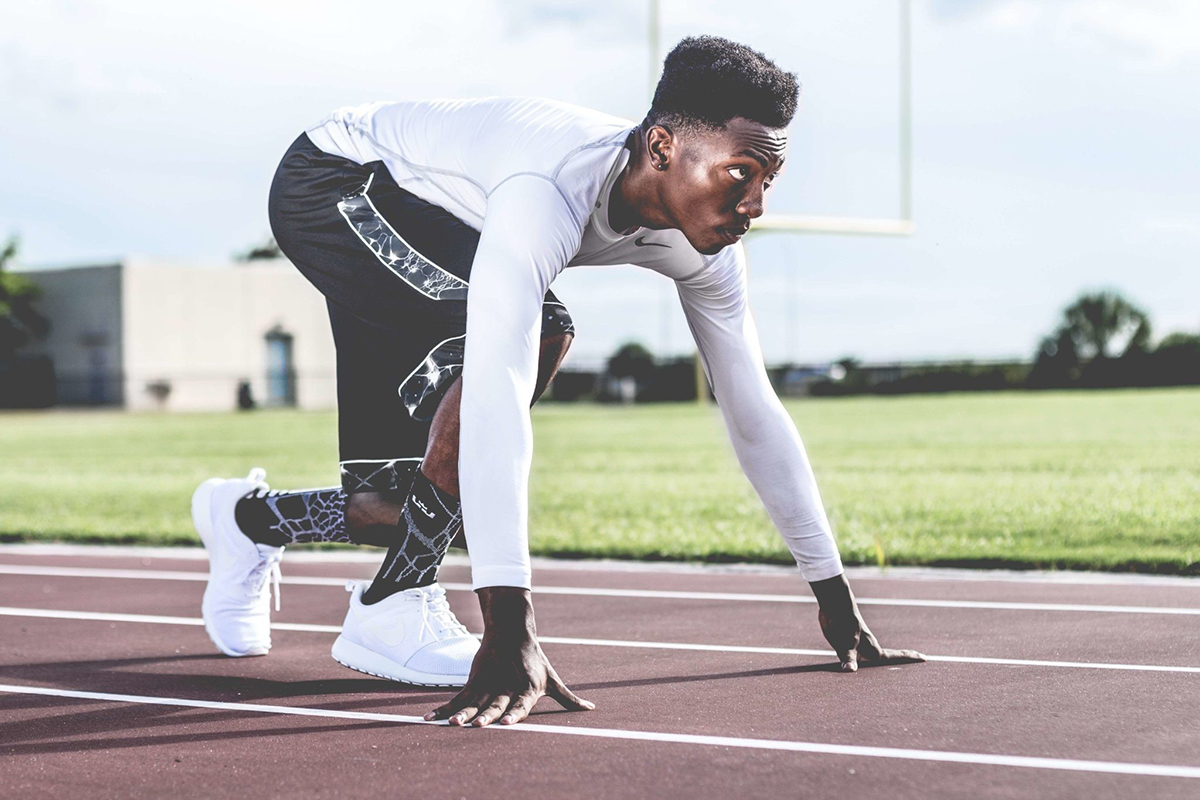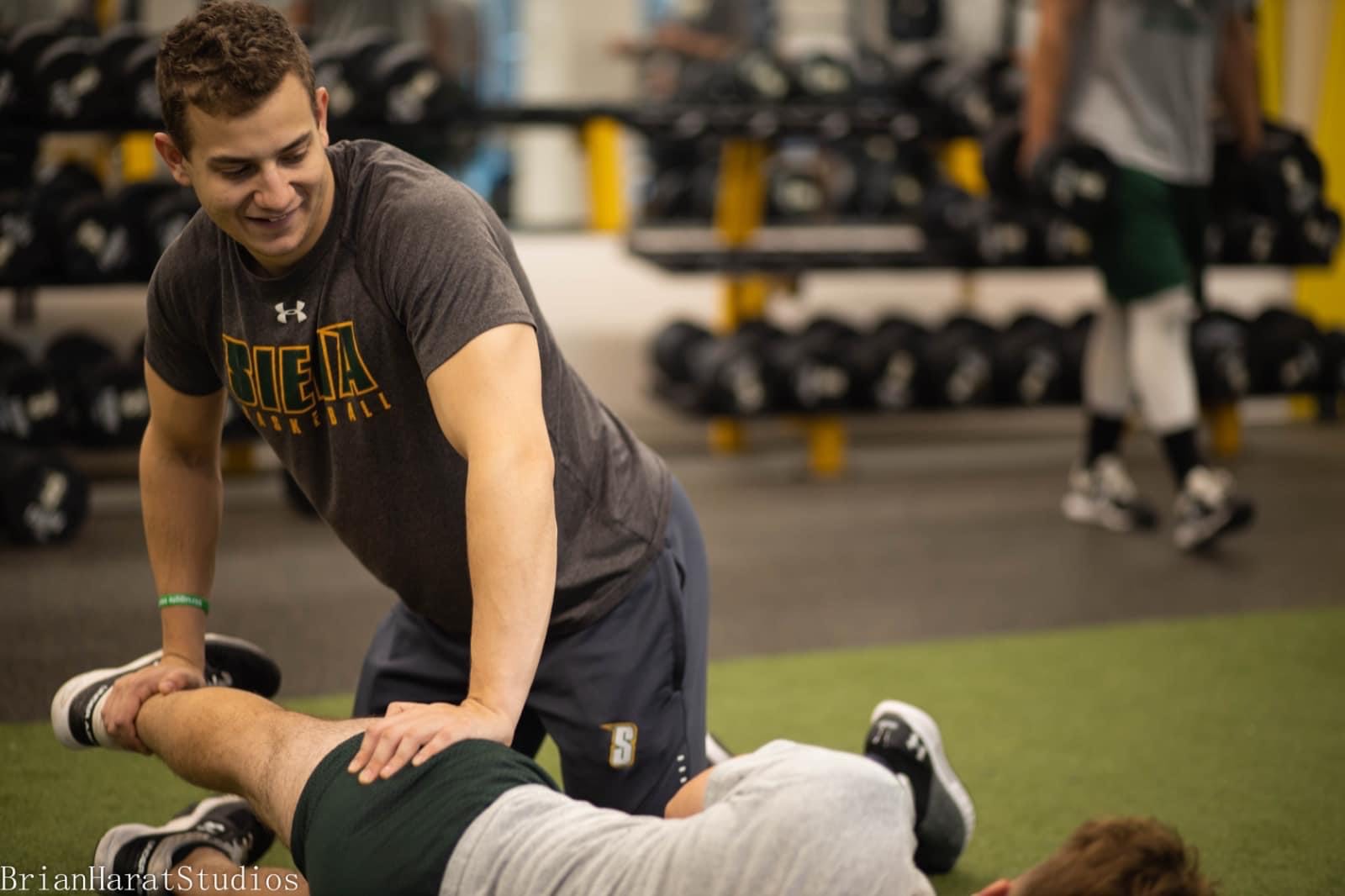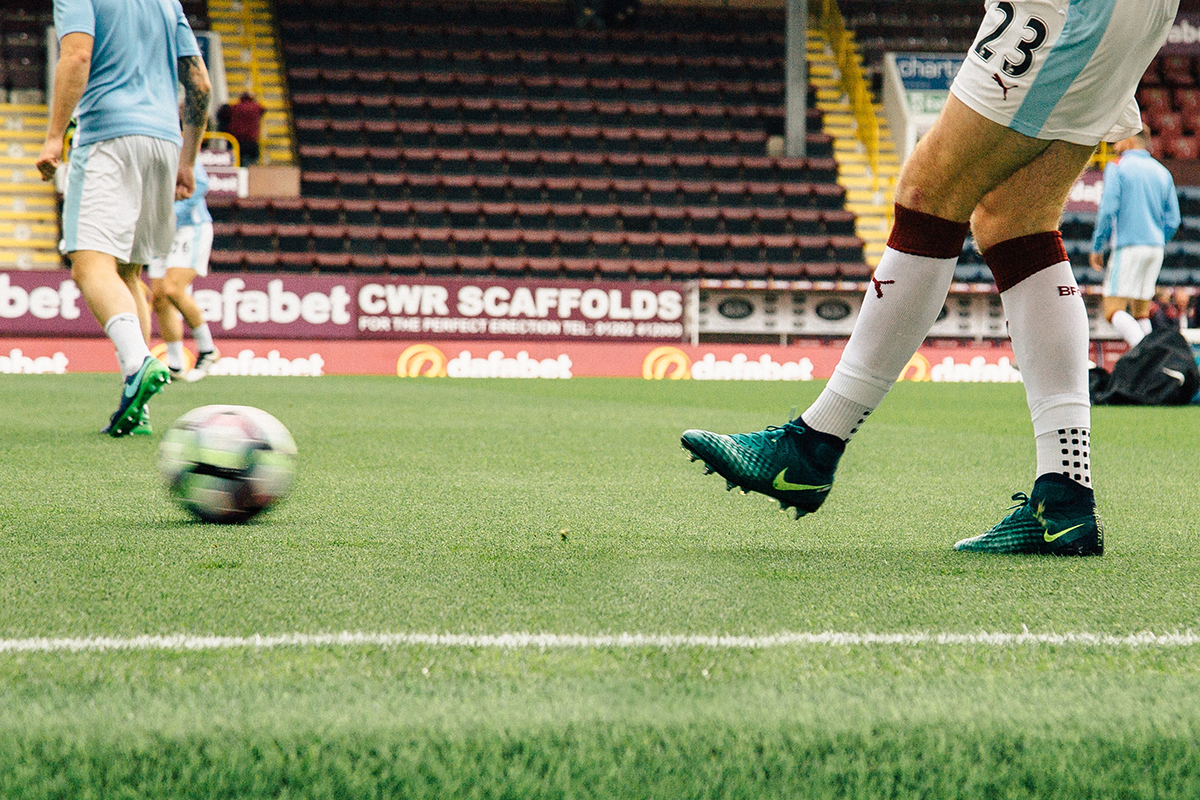How to Manage Anxiety to Get More from your Training and Recovery
By Jessica Kieras, PhD
“Go home and get some rest,” your coach tells you. You take a shower, the warm water streaming around you. This ordinarily might be soothing. It might be a signal to your body that the workout is done. Now, it’s time to rest and recover.
But instead, you are thinking about practice, analyzing what you did and worrying about your next competition. Will it be enough? Your stomach does a nervous flip. When you get home, you eat something you’ve determined is the right thing to maximize performance. But you second guess it after you’re done and you can’t decide if that was enough or too much. You try to watch a show you like, but you’re restless and distracted. When it’s time to sleep, you toss and turn, worrying you won’t get enough rest for tomorrow’s practice.
 This may be a familiar experience for an athlete experiencing generalized anxiety disorder or someone who is not maximizing their recovery. Some of the most disciplined and committed athletes can be more vulnerable to this experience. This is because anxiety and/or OCD can take these positive qualities and cause them to interfere with proper training and recovery. This results in sub optimal performance.
This may be a familiar experience for an athlete experiencing generalized anxiety disorder or someone who is not maximizing their recovery. Some of the most disciplined and committed athletes can be more vulnerable to this experience. This is because anxiety and/or OCD can take these positive qualities and cause them to interfere with proper training and recovery. This results in sub optimal performance.
Elite-level athletes manage a careful balance between training and recovery. Most training programs include a phase where you push yourself into fatigue and muscle soreness. Then, there is a recovery phase. During the recovery phase, the body undergoes physiological adaptations that allow you to do it again, the next time going a little further. Those cycles repeat over and over. When appropriately balanced, the result is a higher level of athletic performance.
How Anxiety Interferes with Recovery
 The key to being able to train hard is resting effectively. If you train hard and don’t get the benefit of the recovery phase, your body isn’t undergoing as much adaptation as it could be. Therefore, you aren’t likely to see great results. When you are training or competing, your body’s stress system, called the sympathetic nervous system, is activated. This provides your body and mind with the energy it needs to push hard. When you are adequately recovering, your body’s parasympathetic system, or rest and digest system, is activated. You might feel relaxed, cozy, drowsy, and well-nourished. When you feel that way, you are completing a very important part of the training cycle. It allows your body to adapt and become a better athlete.
The key to being able to train hard is resting effectively. If you train hard and don’t get the benefit of the recovery phase, your body isn’t undergoing as much adaptation as it could be. Therefore, you aren’t likely to see great results. When you are training or competing, your body’s stress system, called the sympathetic nervous system, is activated. This provides your body and mind with the energy it needs to push hard. When you are adequately recovering, your body’s parasympathetic system, or rest and digest system, is activated. You might feel relaxed, cozy, drowsy, and well-nourished. When you feel that way, you are completing a very important part of the training cycle. It allows your body to adapt and become a better athlete.
A number of things can interfere with the activation of the rest and digest system. These include chronic worry, ruminating, compulsive activity, and rigid beliefs that interfere with the ability to relax. The key is to find ways of activating your parasympathetic system. You must remove any mental obstacles that might prevent you from truly resting.
What Can Help
-
Adopt a recovery routine.
Some examples of recovery include mindfulness or meditation exercises, progressive muscle relaxation, taking an ice bath or hot shower, getting a massage, stretching, working with a foam roller, sauna, hot tub, gentle yoga, reading, listening to relaxing music, snuggling with a person or pet, or literally anything else that gives you a cozy feeling.
-
Keep track of your recovery activities in your training log.
Many athletes track their mileage or performance during test sets or practices in a training log. However, few keep track of their recovery activities in the same way. Tracking a behavior raises your awareness and commitment to it and can help you prioritize recovery. It can also provide you with information when you look back on your season and look at what did and didn’t work.
-
Change beliefs that contribute to chronic worry and prevent recovery.
It’s hard to relax when you are worried about how your workout went or how you might perform in the future. It’s easy to feel like worrying will somehow help your performance. You might think that if you let it go for the day (or night) that you’re somehow losing control. Elite athletes strive for their very best. It might feel as though accepting a disappointing performance is “giving in.” In fact, it’s just recovering so you can set yourself up for better next time. You may want to work with a cognitive behavioral therapist for assistance on this goal.
-
Resist compulsive urges.
Some compulsions that might get in the way of recovery include double or triple (or more) checking that you have items you need, getting on the scale or checking the mirror repeatedly, indulging in superstitions that you believe are linked to good performance, or excessive mental rehearsal (rather than planned visualization). Also, you might purposefully spend a lot of time trying to “figure out” how to enhance your performance, rather than accepting that there is some degree of uncertainty that you can’t avoid.
A lot of these things may seem “normal” or pretty benign. However, they can feed an ongoing cycle that can keep your mind from relaxing, being present, enjoying other aspects of life, and getting some rest. You may want to work with a therapist trained in exposure and response prevention (ERP) to help reduce compulsions, as it’s often easier said than done.
Having a disciplined mindset and a strong commitment to your sport are factors that can help an athlete achieve their best. Coaches and athletes can focus on applying these concepts to the hard training phase, but not to the recovery phase. Working to engage your parasympathetic system and reduce anxiety during recovery can assist you in getting more out of your training and ultimately achieve better performance.



